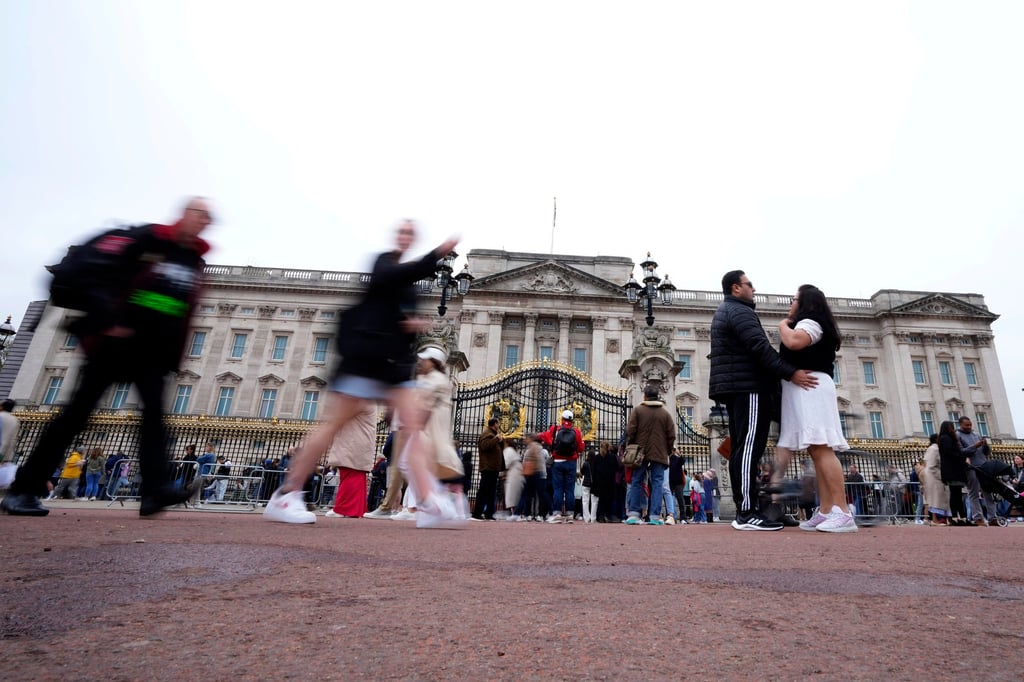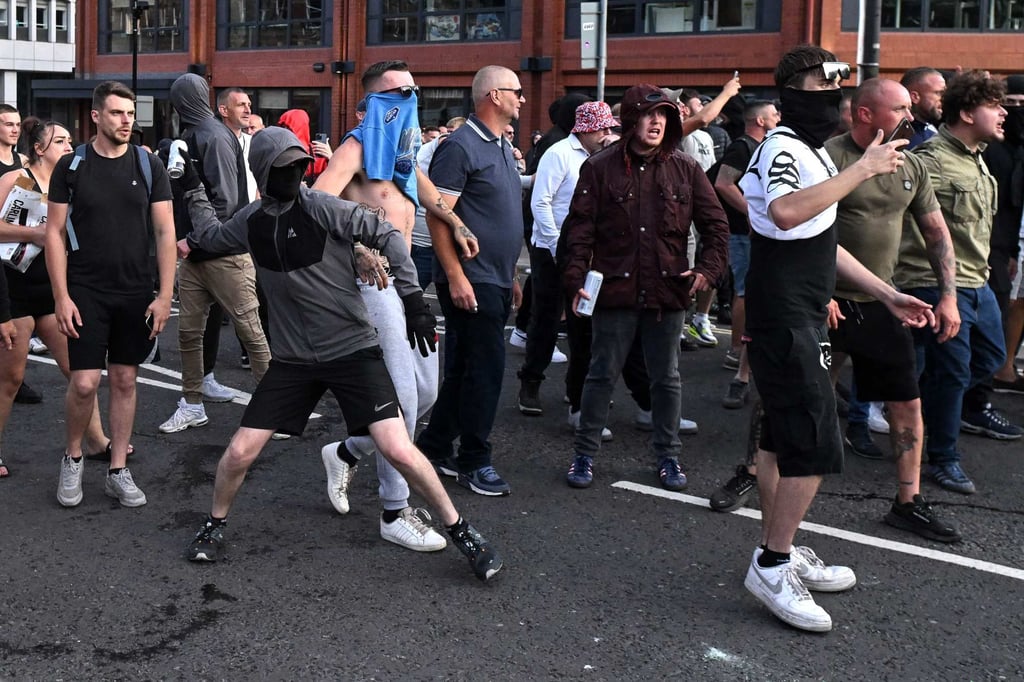Travel
‘Tough test’: will UK’s anti-immigrant riots deter Asian travellers?

“The concern for Muslim visitors is that this will stoke broader anti-Islamic sentiment beyond the rioting. This is a tough test for the new government, and Britain’s reputation for racial diversity and tolerance is something it will take strong legal steps to uphold,” said Gary Bowerman, the Kuala Lumpur-based director of tourism analysis firm Check-in Asia and co-host of travel podcast The Southeast Asia Travel Show.
European destinations are seeking to rebuild their Asian visitor markets, with China’s Golden Week in October and the Christmas and New Year holidays, he highlighted.
China’s Golden Week, which begins on October 1 with the country’s National Day, is one of the busiest travel periods globally as millions of Chinese travel domestically and internationally.
The impact on visitor arrivals will depend on “how effectively the British government can contain the spread of the violence”, Bowerman said.
“So far, the rioting has occurred mostly in places that tourists rarely visit, although there have been flashpoints in cities like London and Bristol,” Bowerman noted.
More riot police are being put on standby and neighbourhood policing patrols stepped up.
Britain’s crime agency and Department for Science, Innovation and Technology are also reportedly investigating the role of foreign state actors in spreading misinformation and disinformation about the riots.

Safety matters
The fallout on travel may be limited if the violence is contained, as “tourists have a short memory”, said Wolfgang Georg Arlt, director of Germany-based Meaningful Tourism Centre.
“If more serious things are not happening, it will be just a short dip in arrivals,” he said, but that safety and security will be a priority.
“Everybody is concerned about safety and security. What is more specific is that this also includes being disrespected and treated with racist overtones, especially for Chinese outbound travellers.”

Segments of travellers from Asia may not be too concerned about the violence as long as it does not spread to cities like London, says Rajeev Kohli, joint managing director of New Delhi-based Creative Travel.
The riots also occurred at the end of school holidays in India, he said, adding that the Indian government travel advisory for Britain has not affected consumer sentiment.
Indian travellers typically plan a minimum of six months or more for long-haul destinations like Britain, which ranks among top five destinations for Indian travellers.
Riots also occur sporadically in India, so Britain’s social unrest may not scare travellers unless it affects places they plan to visit, Kohli says.










